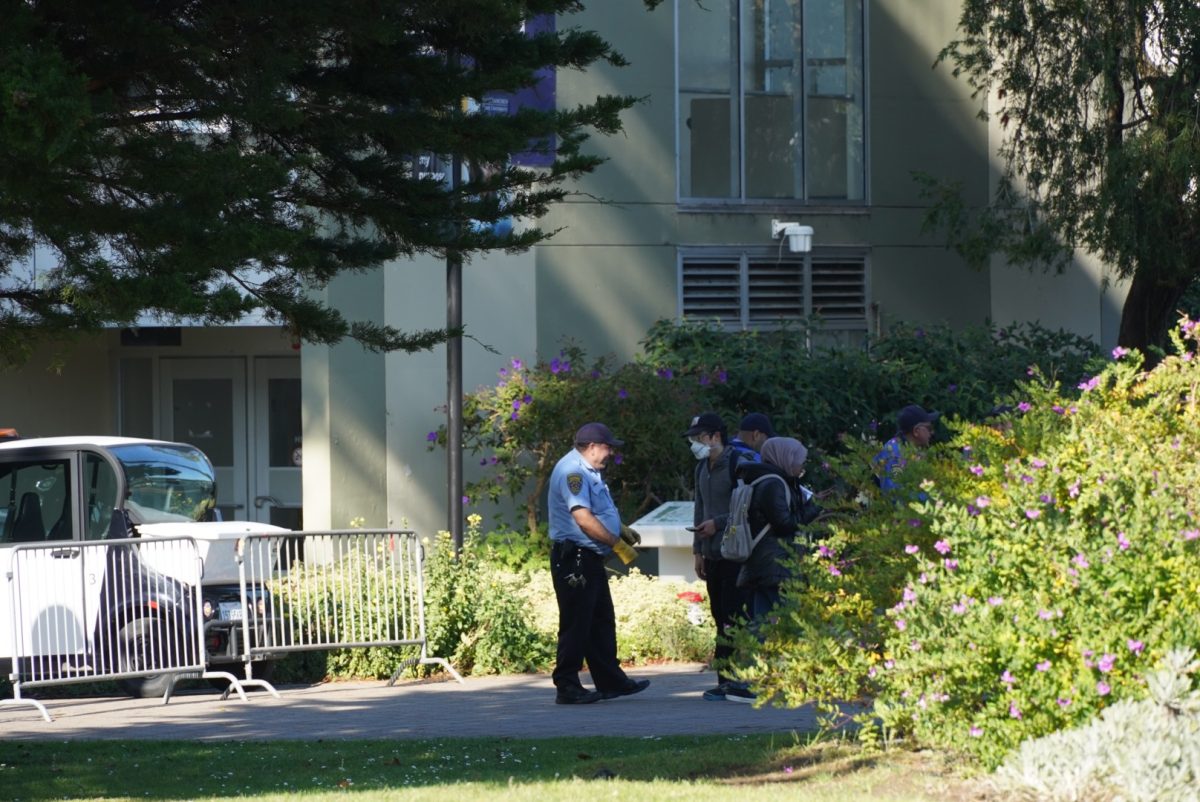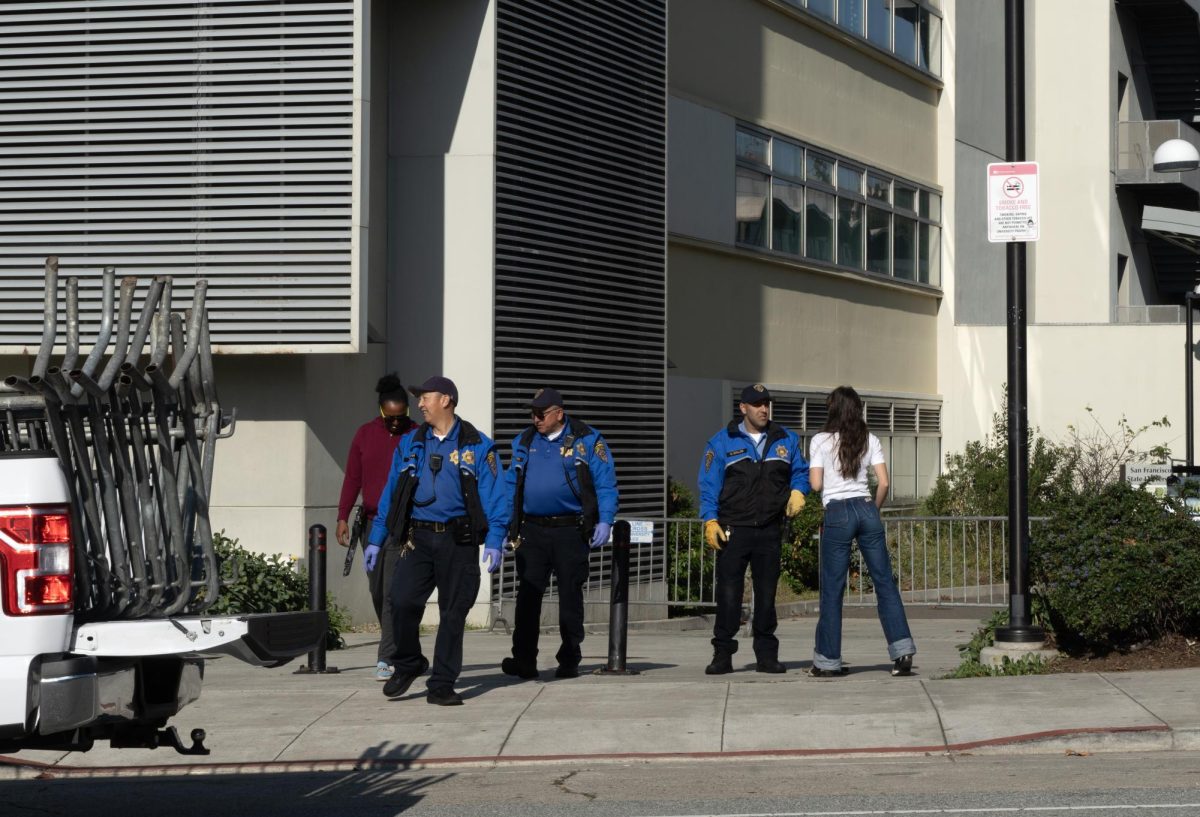Acclaimed novelist Ernest J. Gaines, who graduated from SF State in 1957 and went on to write some of this century’s most celebrated pieces of African American literature, died in his home on Nov. 5. He was 86.
His death was announced by the Ernest J. Gaines Center, a center for scholarship on Gaines’s work at the University of Louisiana, Lafayette. He died in his sleep from cardiac arrest at his home in Oscar, La.
Gaines was known for his novels and short stories about the history and lives of African American, Creole and Cajun people in the pre-civil rights era American South. His works were inspired by a childhood spent in the racially segregated rural Louisiana of the 1930’s and 1940’s.
Born in 1933 in Pointe Coupee Parish, La., Gaines spent his early years on the same plantation where his ancestors were enslaved for generations. His family stayed as sharecroppers after emancipation, in houses formerly used as slaves’ quarters.

The primary school Gaines attended, held in a single room inside the town’s black church, was only in session for less than half of every year, according to the African American Literature Book Club. Gaines spent most months in the fields with his peers, where they harvested cotton alongside their families.
The era’s harsh Jim Crow laws prohibited black people from buying books — Gaines couldn’t even check them out from the local library — however, he was surrounded by traditions of oral storytelling, and grew up absorbing the rich histories and rhythmic vernacular of those around him. His writing began through letters written on behalf of illiterate field workers, in which he was asked to embellish the events of their lives to friends and relatives.
There was no high school in his town for African Americans, according to ULL’s Ernest J. Gaines Center. When Gaines was 15, he moved in with his mother and stepfather in Vallejo, Calif., where he became captivated by literature. He soon began to write his own stories of the place and time where he grew up, motivated by a lack of African American representation in the books he immersed himself in,particularly 19th century Russian literature, according to the nonprofit American Academy of Achievement.
“The books I read did not have my people in them,” Gaines said in a 1978 interview with the New York Times. “No Southern blacks, Louisiana blacks. Or if they did it was by white writers who did not interpret things the way I would have. So I started writing about my people.”
Gaines went to SF State when he was 22 to study literature. It was there that he published his first short story, “The Turtles,” in the university’s Transfer literary magazine. He graduated with a bachelor’s degree in 1957.
After spending two years in the army and completing a writing fellowship at Stanford, Gaines moved back to Louisiana in 1964 and published his first novel: “Catherine Carmier,” a love story reminiscent of his own youth about a black man who leaves the South to attend college in California.
After being appointed as the Writer-In-Residence at Ohio’s Denison University in 1971, he wrote one of his best-known novels, “The Autobiography of Miss Jane Pittman.” The book takes readers on a century-long exploration of African American history through the first-person narration of a 110-year-old woman who is born enslaved and lives to witness the beginnings of the Civil Rights Movement. It was made into a television movie in 1974, which won nine Emmy Awards and thrust Gaines’s work into an international spotlight.
In the following decades, Gaines continued to produce widely-celebrated works, including “In My Father’s House” in 1978 and “A Gathering of Old Men” in 1983. He received the Macarthur Foundation’s Genius Grant in 1993, and in the same year published his most acclaimed book: “A Lesson Before Dying,” the story of a young black man who is wrongly sentenced to death.
Gaines’s works explore how life, love, place and spirit are transformed by the piercing effects of racial injustice. His stories serve as timeless chronicles of Louisiana’s robust and painful history, as well as reminders of the vibrant resilience unique to southern black communities.
“Every novel has its own protests,” he said to the Times in 1978. “If you’re not commenting on the human condition then what are you doing but playing with words, shuffling paper?”
He is survived by his wife, Dianne Gaines, who was with him when he died. Their home is on land adjacent to the plantation where he was raised, and in their backyard sits the small church he once attended school in, where several of his ancestors are now buried.






